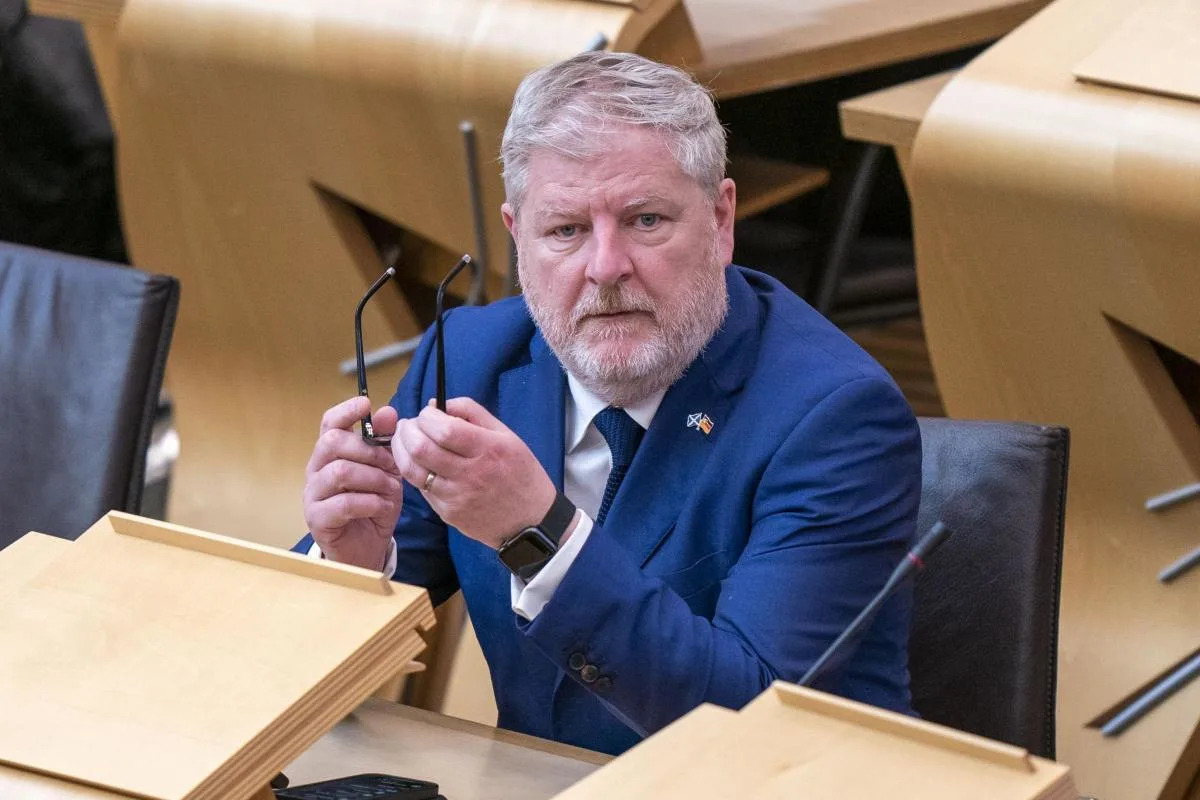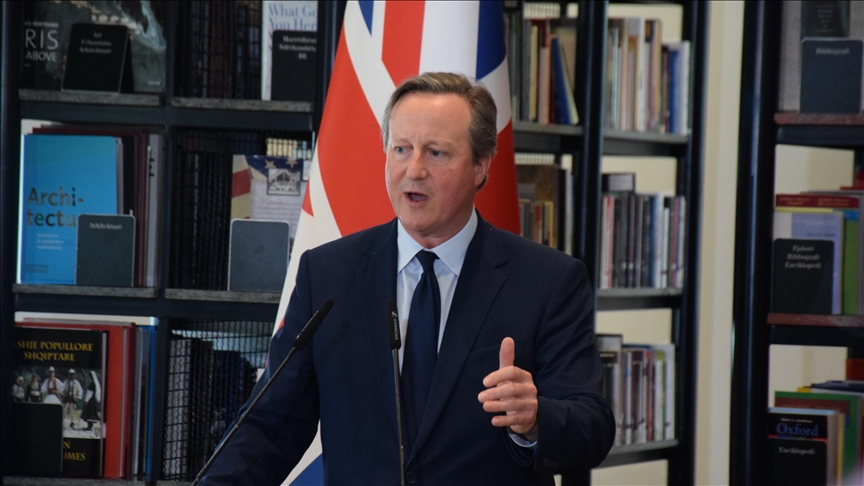WALES
Mine restoration money ‘lost in the ether’
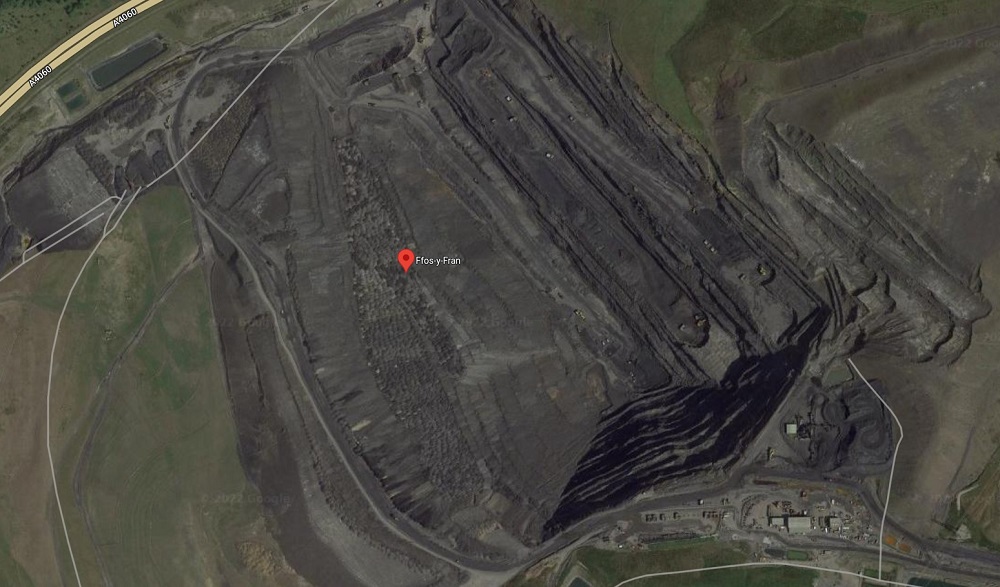
Chris Haines ICNN Senedd reporter
Plans to restore the last opencast mine in the UK could be significantly curtailed due to a shortfall of tens of millions of pounds, a committee heard.
MSs on the Senedd’s climate change committee grilled representatives of Merthyr Tydfil council, which initially declined to give oral evidence about restoration of Ffos y Fran.
David Cross, principal planning officer at the council, told the committee the cost of restoration has been estimated at between £75m and £125m.
“The reality of the situation is that we have only got £15m,” he said, cautioning that restoration plans will be “quite different to what we originally agreed”.
Llŷr Gruffydd raised concerns about the site operator, Merthyr (South Wales) Ltd (MSW), earmarking £15m for site restoration while company accounts reference nearly £75m.
‘Guarantee’
The Plaid Cymru MS, who chairs the committee, asked “What’s this £74.5m sitting in a bank account doing then if they don’t believe it’s for that purpose?”
Mr Cross replied: “Whether that money’s there or not, that’s for MSW.”
Geraint Morgan, a council solicitor, said initial planning permission was granted by the then-Assembly in 2005, with a requirement for a £15m bond and a £15m guarantee.
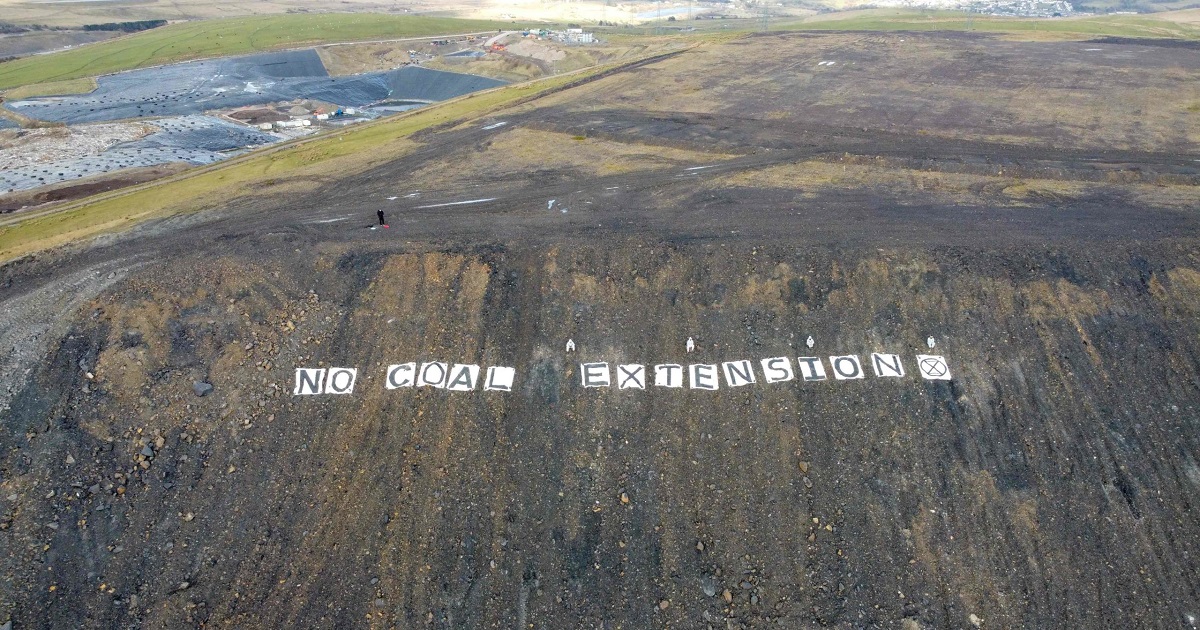
Mr Morgan explained that when Miller Argent sold the site in 2015, MSW agreed to pay £625,000 a quarter into an escrow account.
Pressed on where the £15m guarantee has gone, Mr Morgan said: “I can’t actually answer that. A parent company guarantee is only worth what a company is worth.”
‘Grim’
He said latest accounts show about £104,000 in Merthyr Holdings Ltd, the parent company.
“That’s more grim than I thought,” said Janet Finch-Saunders, the Tory MS for Aberconwy, raising concerns about the £15m “which seems to be somewhere in the ether”.
Stressing that restoration is a matter for the developer, he told the committee it was always understood that £15m would not necessarily be sufficient to restore the site.
He said the company failed to make payments and the council had to take high court action, but the developer has now met the £15m escrow requirement.
Mr Cross told the committee an annual assessment of liability is not in place despite 2016 Coal Authority best practice guidelines because permission was granted long before.
‘Challenging’
He warned: “If you go through enforcement and you may be even successful – if there’s no funds in the pot to actually deliver the restoration, it becomes a difficult challenge.”
Ellis Cooper, chief executive, described the relationship with the developer as challenging, saying a revised restoration scheme is set to be brought forward by November.
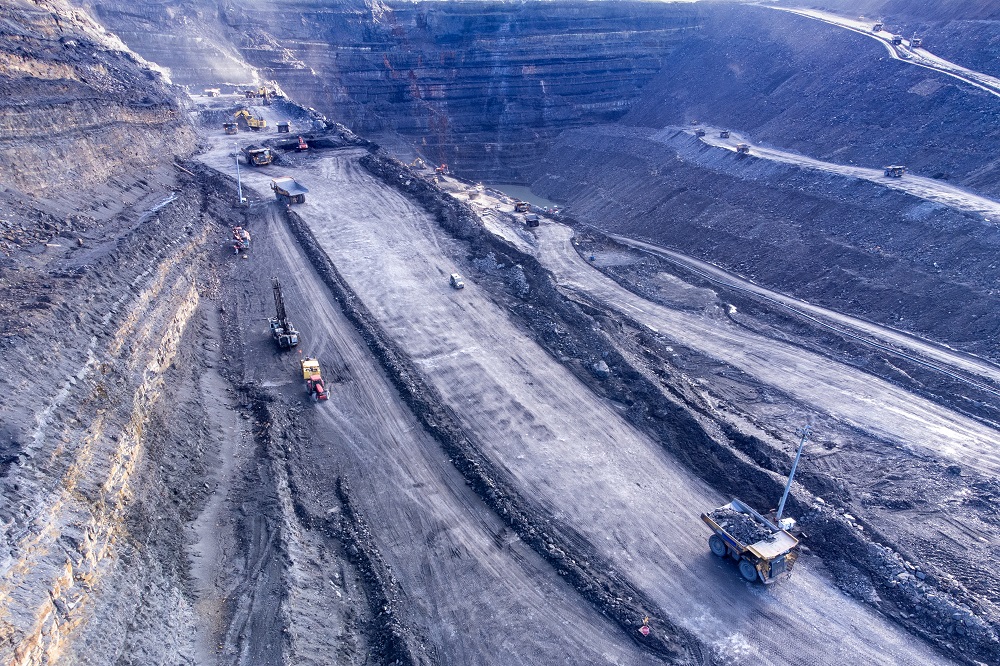
Asked about concerns the operator could abandon the site or declare insolvency, Mr Morgan said the site could ultimately be owned by the Welsh Government or Crown Estate.
He told the meeting on May 22 that the council is renegotiating terms for use of the escrow money to allow some restoration in accordance with a 2007 approved strategy.
He said the deal will be drafted so the money is released after work has been carried out.
‘Mess’
Geraint Thomas, leader of the independent-controlled council, said the fly in the ointment of restoration plans was the British coal industry being privatised in 1994.
Cllr Thomas, who worked on the site in the ’90s, suggested the council has been left in a mess without the required funds for restoration.
Asked about a strained relationship with residents, the Cyfarthfa ward councillor claimed: “If you ask the majority of people in Merthyr Tydfil, they’d be quite happy.”
He said the financial benefits of the site have been imperative to keeping many sports clubs and community organisations running over the past 10 to 12 years.
Pressed on who is ultimately responsible for what has happened at Ffos y Fran, Mr Cross pointed the finger firmly at the developer.


